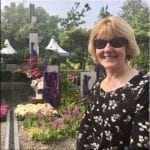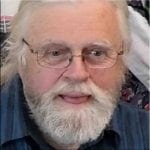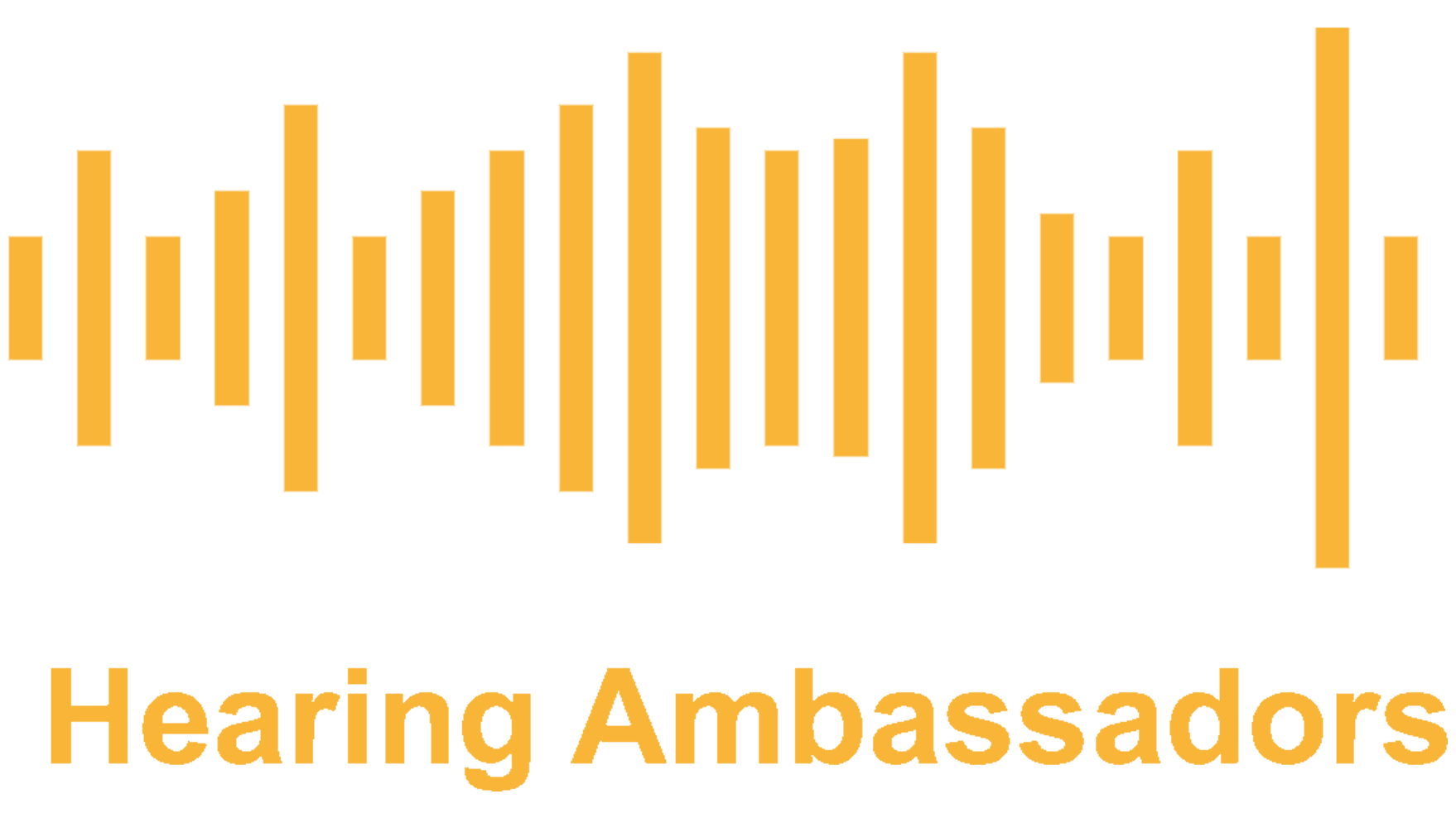Geraldine’s Story
I can now.
 The last words I heard from the NHS facilitator were “perseverance” and “I am sure you will cope admirably”.
The last words I heard from the NHS facilitator were “perseverance” and “I am sure you will cope admirably”.
What wasn’t quite so clear was for how long and how awkward you feel when first getting used to the new ‘body parts’. I am now so grateful for that advice as initially I couldn’t see myself ever just popping the hearing aids in and dashing off to whatever was on the calendar but I can now – most of the time!
I couldn’t see myself wearing them on the golf course – but I do now and they only come loose occasionally! Who worries about the wind whistling past them diminishing their effectiveness a little? At least I can hear the comforting comments when my golf shot goes where it shouldn’t.
I didn’t think my spectacles would ever sit comfortably on-top/around the aids but they do now.
I also worried about whether I would know when the batteries would run out and would I recall what the various bleeps meant what. It soon just happens and I always keep spares with me. How would I know where to get replacement batteries and would they really just give them to me. Naturally that was easy plus annual replacement extras were given too. How on earth would I remember how to poke the piece of plastic through the system to increase their efficiency having just been shown once? Practice of course.
So perseverance has paid off and I can now hear initial sounds, words and sentences and not look quite so vacant when a conversation is begun without my name being called first.
I can pick up parts of conversations across the table which means being included in group chats. I don’t just nod across the table hoping I am not nodding agreement to something I disagree with! And now, I don’t even know I have them in.
Yes, it took time and I struggled to get the hearing aids in my ears, yes I still don’t always hear quite what is being said especially in a noisy environment and yes, many noises still seem exaggerated and ‘out of kilter’; especially rustling bags etc. but perseverance has helped to alleviate these and the hearing is worth it. I do recall though the first time I heard the microwave beep. I thought an alarm had gone off!
Derek’s Story
 I was a competitive (and successful) shooter from the age of 14, starting with small-bore rifle (.22) in indoor ranges and later graduating to full bore (.303) outdoors. In 1956 hearing protection was unheard of on rifle ranges, so my ears were subjected to a lot of loud noises. The sound level of a small-bore rifle is in the region of 140 dB and full bore around 170 dB. Practice sessions usually involved each shooter firing 100 to 120 rounds and there were normally four people firing.
I was a competitive (and successful) shooter from the age of 14, starting with small-bore rifle (.22) in indoor ranges and later graduating to full bore (.303) outdoors. In 1956 hearing protection was unheard of on rifle ranges, so my ears were subjected to a lot of loud noises. The sound level of a small-bore rifle is in the region of 140 dB and full bore around 170 dB. Practice sessions usually involved each shooter firing 100 to 120 rounds and there were normally four people firing.
In my mid-30s, I frequently suffered from tinnitus, a condition that still affects me today but to a much lesser extent, as it is generally masked by my hearing aids.
During a visit to Derby Royal Infirmary for ear syringing, I was asked if I would like a hearing test. I accepted this offer, was told that I had high-frequency hearing loss and was prescribed a pair of digital hearing aids.
Two weeks later, on the 8th of March 2007, my ear molds were ready and I was fitted with my ‘lectro-lugs’. The first thing that I noticed was the noise level in my car. I had thought that it was quite quiet up until then. I was sadly disillusioned! Early the next morning I heard birdsong for the first time in many years. I had not realised that this beautiful sound had been missing for a long time; it must have gradually faded away.
Listening to classical music, opera and jazz has been an important part of my life, both live and through a high quality hi-fi system. Surprisingly, I did not notice an enormous difference in the sound at first. I think that because I was very familiar with all the recordings in my collection, my brain was filling in the sounds that I could not hear. What I did notice, and it backs up this theory, is that when my wife, a professional pianist, played her piano, not only could I hear all but the three top notes (these did not feature in any recordings that we had) I could also hear the sound of the hammers hitting the strings!
The most important job that hearing aids should do, is aid one’s interpretation of speech. I had been aware since the beginning of the century, that I was finding it harder to understand what people were saying, especially in groups and in noisy environments. The hearing aids helped but were not perfect. As time went on, I was given more advanced aids from and switched to ‘slim fit’ eartubes, which were much more comfortable than the older style molds. However, speech discrimination was still a problem.
In 2014 or 2015, I saw a flyer from the Adult Education Centre in Long Eaton, which mentioned lipreading classes. Cutting a long story short, I am now in my 5th (I think) year of studying this craft. Our class usually has a dozen students, we have a tremendous sense of community as we all have similar problems. We are taught by an inspired and inspirational teacher. We always have fun and we learn a lot. However, only 40% of English can be read from the lips. Knowing the context of the conversation is an enormous help.
As far as Rotary is concerned, I almost left the club at one point. We had left our old home due to a change of ownership. For a while, we met at a hotel, where the acoustics were so bad that I normally left a meeting with very little idea of what had transpired! Fortunately, we moved to our current location which though far from perfect, is much better and I usually hear at least 85% of what is said at meetings.
Please click here to back to the main ‘Stories’ menu to see the other categories of stories.
